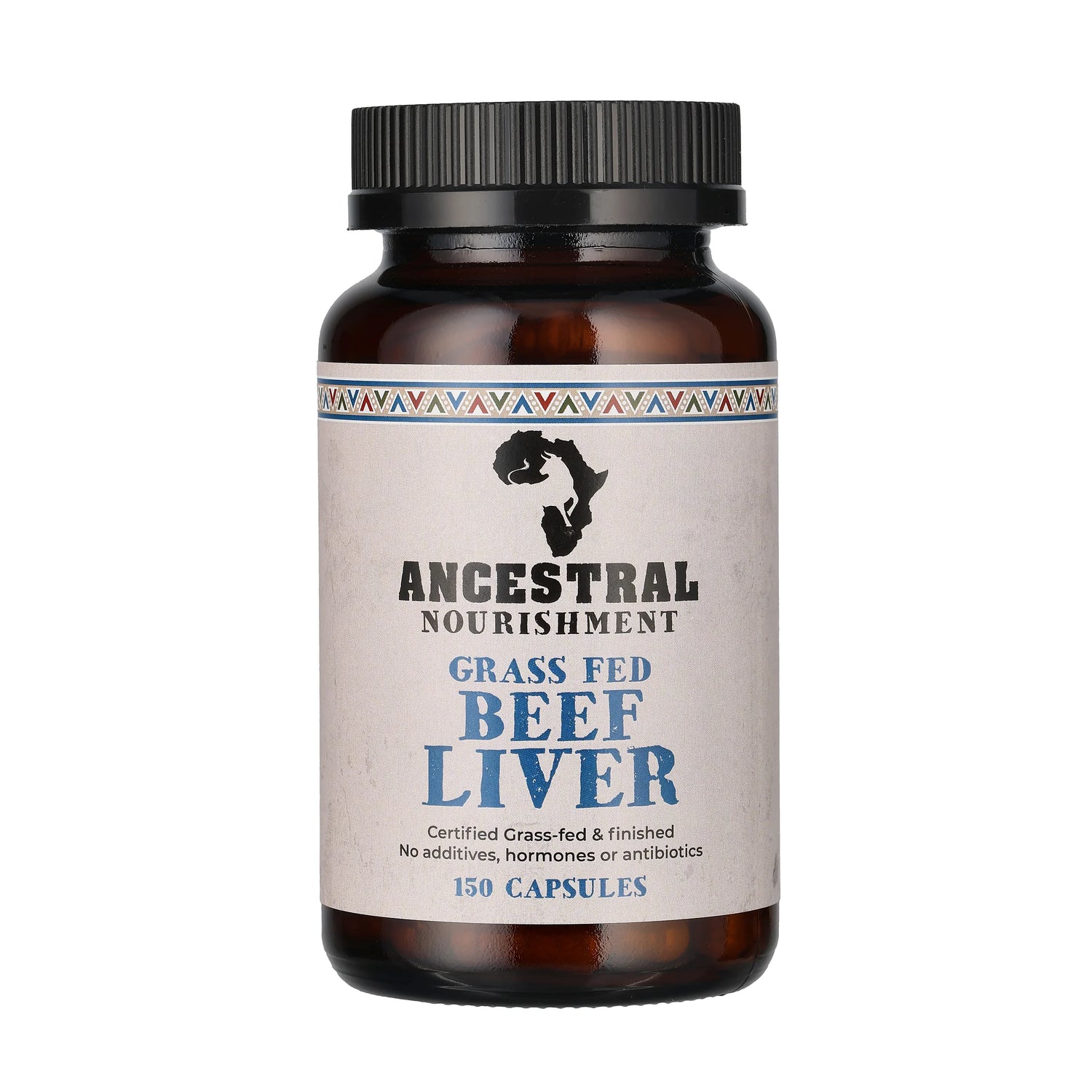Vitamin A is critical for the optimal expression of the genetic potential, for strong bones, healthy skin, good eyesight, mineral metabolism, hormone production & mental stability. It is vitamin A that gives the undifferentiated fetal stem cells their signals to differentiate into the various organs.
Each organ system begins development during a specific window of time. Vitamin A regulates the differentiation of the primitive cells into cells specific to each organ system- signalling to the genes to let them know where to locate themselves and what kind of tissues to become.
If vitamin A (retinol) is lacking, the organs develop abnormally, if not at all. Chronic vitamin A deficiency during pregnancy compromises organ growth, especially of the lungs in the last weeks of gestation.
If a woman with low vitamin A status becomes pregnant, the heart in the fetus cannot form properly and the newly pregnant woman may suffer a miscarriage or the heart may form incorrectly…amongst other serious birth defects.
Even partial vitamin A deficiency affects the developing central nervous system, the retina of the eye, the inner ear, the spinal cord, the craniofacial area (including sinus passages and dental arches), the thymus and thyroid glands.
Vitamin A deficiency results in a reduced number of kidney cells meaning the kidneys will not work at optimal levels. Kidney health is tied to plethora situations of dis-ease in the body.
Vitamin A holds the key to optimal development biology whereby our bodies develop symmetrically. Vitamin A buffers the influence of asymmetrical cues in the early stages of development to ensure the exterior of our bodies don’t develop asymmetrically resulting in the right side shorter than the left. A smaller right foot or right eye is a sign of mild vitamin A deficiency in utero.
Vitamin A protects against environmental chemicals and estrogenic substances in pesticides and plastics which can cause birth defects.
- Beef liver, over 50,000 IU per 100g
- Chicken & duck liver, 30,000 IU per 100g
- Raw butter, 354 IU, per tbsp
- Egg yolks, 245 IU per yolk
- Raw milk, 114 IU per cup
Fertility is a biomarker of overall health. Generally, if you are fertile, your body is in homeostasis and feels nourished (through all avenues) enough to reproduce. Male or female, if you are looking to balance your hormones, improve egg quality or sperm motility and prepare to bring forth life, Vitamin A is a critical nutrient to pay close attention to in your diet.
Remember, not all vitamin A is equal. Retinol only found in animal foods is the form of vitamin A that the body wants as it can be absorbed and assimilate and utilised readily. Carotenoids found in plant foods is the form of Vitamin A the body has to work very hard to convert into retinol, before being used. Animal foods are superior sources of nutrition, none-moreso than when building a human.





